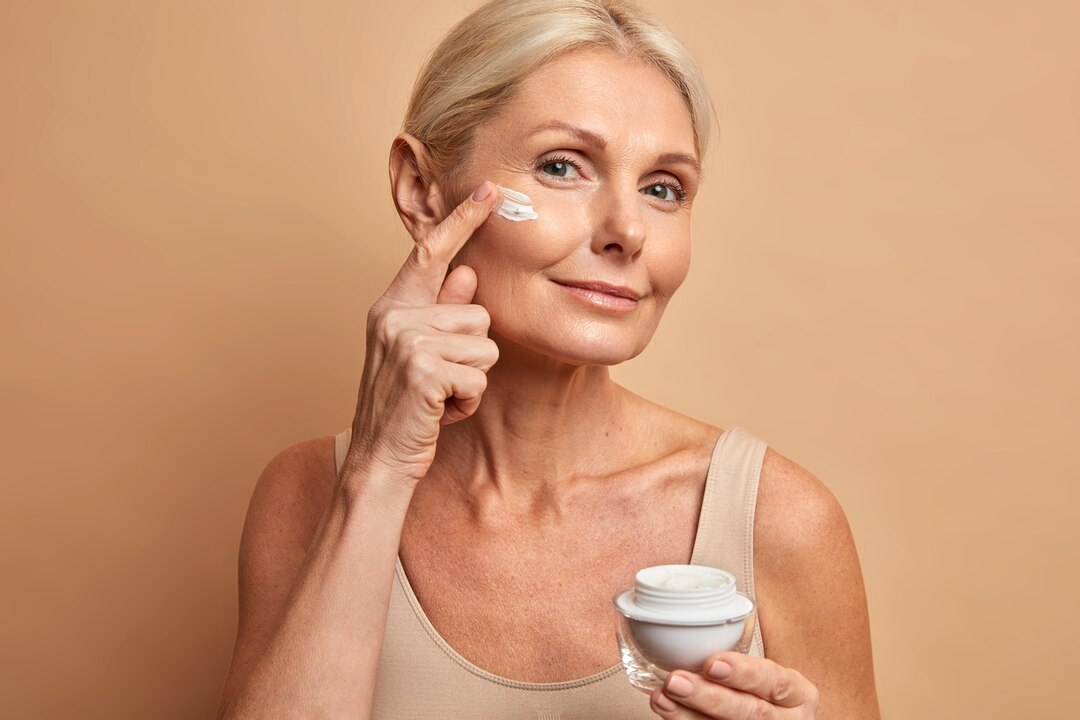In the realm of skincare, few ingredients have garnered as much acclaim and attention as retinol. Revered by dermatologists, beauty experts, and skincare enthusiasts alike, retinol is often hailed as the holy grail ingredient for anti-aging. But what exactly is retinol, and how does it work its magic on our skin? In this article, we’ll delve into the science behind retinol, explore its myriad benefits for skin health, and discuss how you can incorporate this powerhouse ingredient into your skincare routine for a youthful, radiant complexion.
Understanding Retinol: The Gold Standard of Anti-Aging
Retinol, a derivative of vitamin A, is a potent skincare ingredient that boasts a multitude of benefits for skin health. Its ability to stimulate collagen production, increase cell turnover, and reduce the appearance of fine lines and wrinkles has made it a cornerstone of anti-aging skincare regimens worldwide. Retinol works by binding to specific receptors in the skin, where it promotes cellular renewal and regeneration, resulting in smoother, firmer, and more youthful-looking skin over time.
The Benefits of Retinol for Skin Health
- Reduces the Appearance of Fine Lines and Wrinkles: Perhaps the most celebrated benefit of retinol is its ability to diminish the signs of aging, including fine lines, wrinkles, and crow’s feet. By stimulating collagen production and accelerating cell turnover, retinol helps to plump the skin, smooth out texture, and minimize the appearance of wrinkles, resulting in a more youthful complexion.
- Improves Skin Texture and Tone: In addition to its anti-aging effects, retinol can also help improve overall skin texture and tone. By promoting cell turnover and exfoliating the outermost layer of the skin, retinol can help fade dark spots, hyperpigmentation, and acne scars, resulting in a smoother, more even complexion.
- Minimizes Pores: Retinol’s exfoliating properties can also help unclog pores and reduce their appearance, making them appear smaller and less noticeable over time. By keeping pores clear of debris and excess oil, retinol can help prevent breakouts and promote clearer, healthier-looking skin.
- Enhances Skin Firmness and Elasticity: As we age, the production of collagen and elastin—the proteins responsible for maintaining skin firmness and elasticity—naturally declines. Retinol helps to counteract this process by stimulating collagen synthesis and promoting cellular turnover, resulting in firmer, more resilient skin that appears lifted and toned.
- Boosts Hydration: Contrary to popular belief, retinol can actually help improve skin hydration levels when used in conjunction with a moisturizer. By strengthening the skin’s natural barrier function and increasing its ability to retain moisture, retinol can help keep the skin hydrated, plump, and supple.
Incorporating Retinol Into Your Skincare Routine
When incorporating retinol into your skincare routine, it’s important to start slow and gradually build up tolerance to avoid potential irritation or sensitivity. Here are some tips for using retinol effectively:
- Start with a Low Concentration: Begin with a low concentration of retinol (around 0.25% to 0.5%) and gradually increase the strength as your skin adjusts. This will help minimize the risk of irritation and allow your skin to acclimate to the ingredient over time.
- Apply at Night: Retinol is best used at night, as it can make the skin more sensitive to sunlight. Apply a pea-sized amount of retinol serum or cream to clean, dry skin before moisturizer, and be sure to use sunscreen during the day to protect your skin from UV damage.
- Use a Moisturizer: To minimize the risk of dryness or irritation, always follow up with a moisturizer after applying retinol. Look for a hydrating moisturizer formulated with soothing ingredients like hyaluronic acid, ceramides, and niacinamide to help replenish moisture and support skin barrier function.
- Be Patient: Results from retinol can take time to become noticeable, so be patient and consistent with your skincare routine. It may take several weeks to months of regular use before you start to see improvements in your skin’s texture, tone, and overall appearance.
- Avoid Harsh Ingredients: When using retinol, it’s important to avoid combining it with other potentially irritating or drying ingredients, such as alpha hydroxy acids (AHAs), beta hydroxy acids (BHAs), and benzoyl peroxide. Instead, opt for gentle, non-abrasive skincare products that won’t exacerbate sensitivity.
Retinol is undoubtedly one of the most effective and scientifically proven ingredients for anti-aging skincare. Its ability to stimulate collagen production, increase cell turnover, and improve overall skin texture and tone has made it a staple in the beauty routines of skincare enthusiasts worldwide. By incorporating retinol into your skincare routine and following these tips for effective use, you can unlock the transformative benefits of this holy grail ingredient and achieve a radiant, youthful complexion that glows from within.








